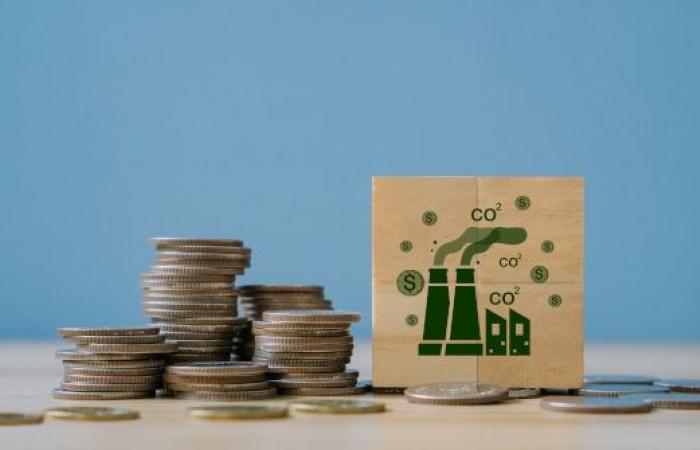
Despite emitting 1.6 gigatonnes of CO2e annually, which is equivalent to a third of Europe’s carbon footprint, only 2% of emissions from retail and wholesale trade correspond to those categorized as “Scope 1 and 2”, as a consequence of direct operations or energy consumed. On the contrary, those classified as “Scope 3” are indirect emissions and the result of the activities of producers and manufacturers throughout the value chain, as well as the energy consumed after the purchase of a product.
The study, which includes contributions from more than 25 leading companies and business associations and examines the carbon footprint in European retail and wholesale value chains, highlights some of the key barriers to moving towards net zero emissions and offers recommendations for future scenarios, as well as the necessary investments in sustainable mobility, infrastructure, heavy industry, agriculture, and the circular economy. It mainly focuses on five subsectors: food and beverages, health and beauty, textiles and clothing, electronics, home and DIY.
While some businesses have made significant progress in monitoring and reducing emissions, especially in Scopes 1 and 2, the study highlights the need to intensify efforts at the sector level and throughout the value chain to achieve net zero emissions in the future. It also demonstrates the need to continue aligning a European and sectoral methodology to quantify Scope 3 emissions and identify where they can be reduced. Once achieved, organizations will be better prepared to focus their efforts on reducing their carbon footprint, directing investment and coming together to overcome emissions-related challenges.
For Christel Delberghe, CEO of EuroCommerce: “This study illustrates both the opportunities and challenges for European retailers and wholesalers in their efforts to reduce their carbon footprint. While the sector connects hundreds of thousands of local and global suppliers with several For hundreds of millions of European consumers, only 2% of carbon emissions are under their direct control. This means that making any significant changes to decarbonisation will require much more collaboration and common standards across the value chain. for SMEs that lack the resources and capacity that large companies enjoy.
According to Rainer Münch, Head of Retail and Consumer Goods at Oliver Wyman: “The current variation in Scope 3 emissions calculation standards is staggering and calls for greater standardization at European level. Our study also highlights opportunities for companies to evolve their ESG operating model and achieve more effective decarbonization. At the same time, achieving net zero emissions will continue to depend on technological innovations and evolving consumer demand.
The study outlines eight success factors to accelerate the path to net zero: a harmonized methodology for Scope 3 emissions calculations; better access to supply chain and consumer data; a clear and reliable regulatory framework; a rapid expansion of current decarbonization measures; more technological and infrastructure innovations; greater consumer adoption of sustainable options; sophisticated operating models of ESG companies; and, improved collaboration across the value chain.





